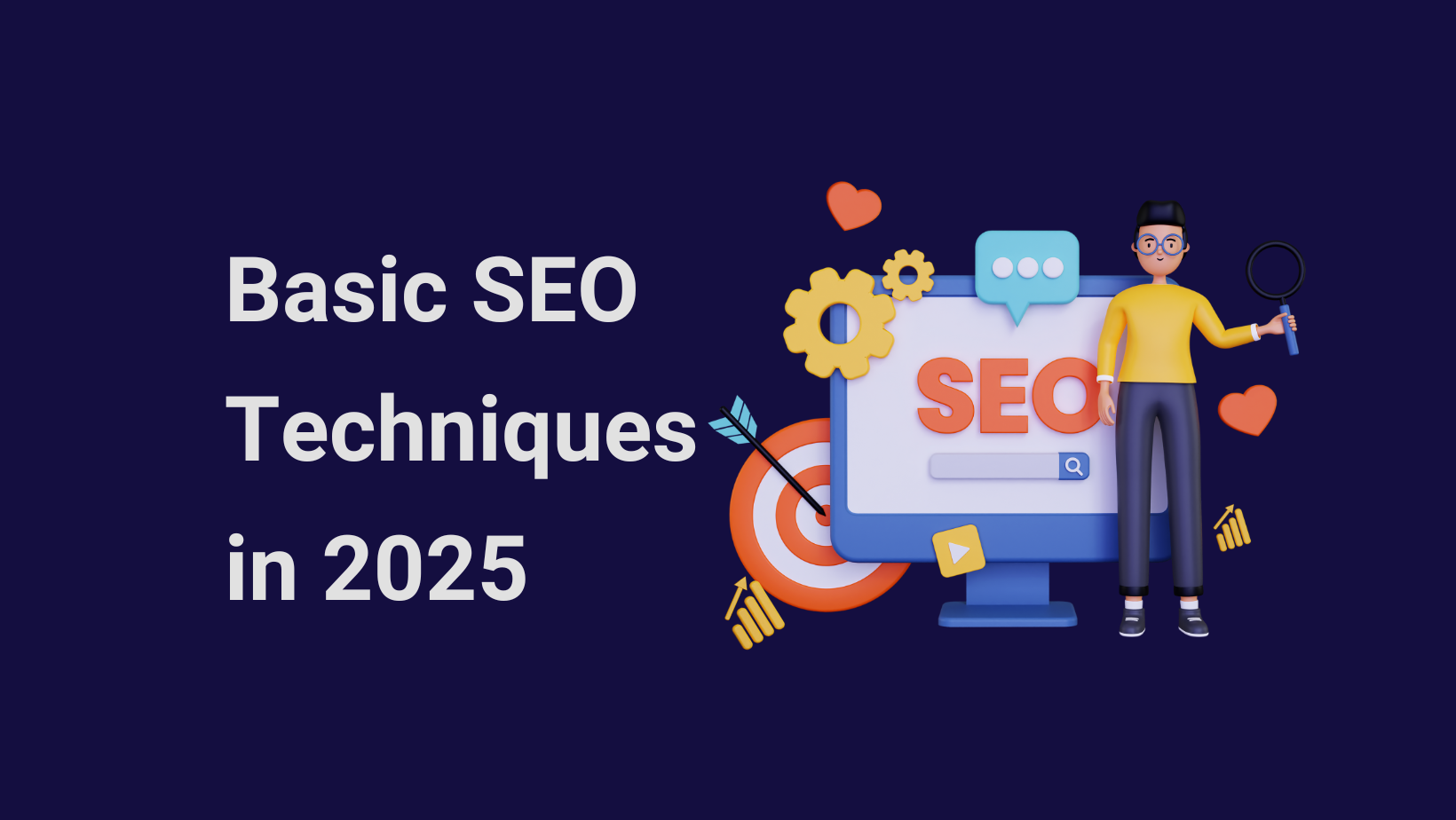Search Engine Optimization (SEO) is a process that helps websites appear higher in search engine results. When someone searches for information, products, or services, search engines like Google, Bing, and Yahoo show the most relevant websites. Search Engine Optimization improves a website’s chances of being displayed to users, making it easier for potential customers to find what they need.
Without Search Engine Optimization, even the best websites may struggle to get traffic. People often trust search engines to provide accurate results, and they usually click on links that appear on the first page. A well-optimized website not only attracts visitors but also improves user experience, ensuring they find useful and relevant content.
Businesses, blogs, and e-commerce websites all benefit from Search Engine Optimization. It increases brand awareness, builds credibility, and helps generate leads or sales. Whether a small business or a large organization, using the right Search Engine Optimization techniques can lead to long-term success.
Why Search Engine Optimization Is Important
Search engine optimization is important because it connects businesses with potential customers. Many users rely on search engines to find solutions, and a high-ranking website appears more credible. Here are some key reasons why SEO matters:
- Increases Website Traffic – SEO helps bring in organic visitors, meaning people who find the site through search engines instead of paid ads.
- Boosts Credibility and Trust – Websites that rank high are often seen as more reliable and authoritative.
- Improves User Experience – Good SEO practices ensure websites are easy to navigate and provide valuable content.
- Cost-Effective Marketing – Unlike paid advertising, SEO generates ongoing traffic without continuous investment.
- Competitive Advantage – Businesses that invest in SEO have a better chance of outperforming competitors who do not optimize their sites.
Types of Search Engine Optimization
SEO is divided into three main types:
- On-Page SEO – This focuses on optimizing content and structure within a website.
- Off-Page SEO – This involves building a website’s reputation through external sources.
- Technical SEO – This ensures a website functions well and is easy for search engines to index.
Each type plays a role in improving search rankings and attracting more visitors.
On-Page SEO
On-page SEO is the process of improving a website’s content and structure so that it ranks better on search engines and provides a good experience for visitors. This includes optimizing titles, headings, and descriptions with relevant keywords, ensuring high-quality and informative content, and making the website easy to navigate. Proper use of internal links helps users find related information, while fast loading speeds and mobile-friendly design improve accessibility. By following these strategies, businesses can increase their website’s visibility, attract more visitors, and ensure that search engines understand their content, making it easier for potential customers to find them online.
Key On-Page SEO Types
Keyword Optimization: Keywords are the terms people type into search engines. Using the right keywords in titles, headings, and content helps search engines match a website with relevant searches. Proper keyword placement increases visibility without overloading the page.
Quality Content: Search engines prioritize useful and informative content. Articles, blog posts, product descriptions, and guides should be well-written, engaging, and relevant to what users are looking for.
Meta Tags:These are short descriptions that appear in search results. A good meta title and meta description encourage users to click on the link. They should include primary keywords and be compelling.
Internal Linking: Linking to other pages within the website helps users navigate easily and improves search engine understanding. It also keeps visitors engaged, reducing bounce rates.
Off-Page SEO
Off-page SEO focuses on building a website’s reputation and authority through activities outside the website itself. Search engines look at external factors, such as backlinks from other trusted websites, social media mentions, and online reviews, to determine how valuable and reliable a site is. When a website gets links from high-quality sources, it signals to search engines that the content is useful and trustworthy. Other off-page strategies include guest posting, brand mentions, and engaging with audiences on social media. By strengthening these external signals, businesses can improve their search rankings, attract more visitors, and build a strong online presence that increases customer trust and credibility.
Key Off-Page SEO Types
Backlinks: Backlinks are links from other websites that point to your site. High-quality backlinks from reputable sources signal that the content is valuable and trustworthy, improving rankings.
Guest Blogging: Writing articles for other websites with links back to the original site helps build credibility and attract visitors.
Social Media Engagement: Sharing content on social media platforms increases visibility and drives traffic. While social signals are not a direct ranking factor, they help generate interest and website visits.
Online Reviews and Citations: Positive reviews on platforms like Google My Business and Yelp improve trust and can increase local search rankings.
Technical SEO
Technical SEO is about improving the backend of a website so that search engines can easily find, understand, and display it in search results. This includes optimizing website speed, fixing broken links, making sure pages load properly on mobile devices, and ensuring secure connections with HTTPS. A well-structured website with a clear URL structure and proper use of sitemaps helps search engines crawl and index pages efficiently. Technical SEO also involves fixing errors that may prevent search engines from reading content correctly. By improving these technical aspects, businesses can provide a better user experience, increase website visibility, and ensure higher rankings in search results.
Key Technical SEO Types
Website Speed Optimization: A fast-loading website provides a better user experience. Search engines prefer sites that load quickly, as slow pages can lead to higher bounce rates.
Mobile-Friendliness: Many users access websites from mobile devices. Ensuring a website is mobile-friendly improves usability and search rankings.
Secure Website (HTTPS): Security is important for users and search engines. Websites with HTTPS encryption are preferred over non-secure ones.
Structured Data Markup: Adding structured data helps search engines understand content better. This can result in rich snippets, such as star ratings or product details, appearing in search results.
How Code Agrius Helps?
Code Agrius provides SEO solutions to improve website performance. With expertise in on-page, off-page, and technical SEO, they help businesses increase search rankings and attract more visitors. Their services include keyword research, content optimization, backlink building, and website audits. By using effective SEO strategies, Code Agrius ensures that businesses reach their target audience and improve online visibility.
FAQ's
What is the main goal of SEO?
The main goal of Search Engine Optimization is to improve a website’s ranking in search engine results, helping it attract more visitors and potential customers.
How long does SEO take to show results?
SEO is a long-term strategy, and results typically take a few months to become noticeable. However, consistent efforts lead to lasting improvements.
Can SEO be done without professional help?
While basic SEO can be done independently, professional services provide better results by implementing advanced strategies and technical improvements.
Why is keyword research important for SEO?
Keyword research helps identify what people are searching for, allowing websites to create relevant content that matches user intent.
How often should a website be updated for SEO?
Regular updates with fresh content, technical improvements, and backlink building are recommended to maintain and improve rankings.







